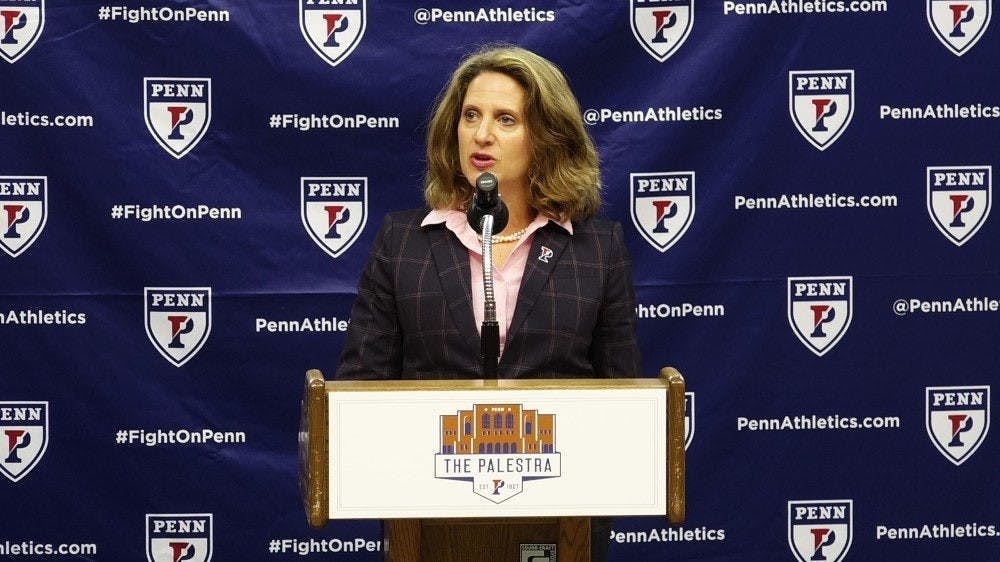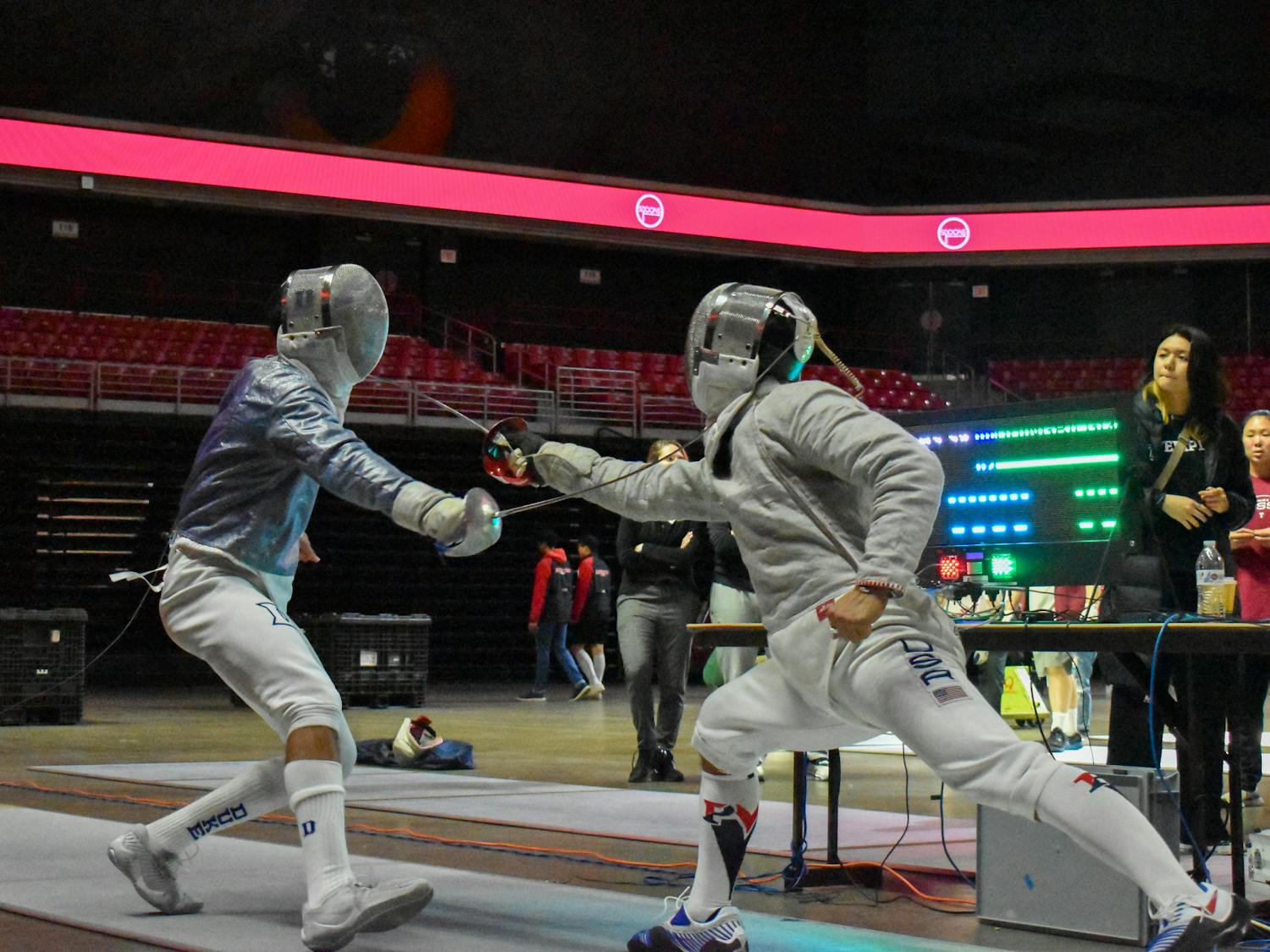As a result of the ongoing coronavirus pandemic, the NCAA Division I Council voted on Monday to grant spring sport athletes an extension of their eligibility period.
The many sports that play their seasons in the spring had most or all of their seasons canceled in order to take precautions to avoid spreading the virus.
Division I rules allow athletes to maintain eligibility for four seasons of competition in a five-year period. This decision will extend athletes’ window of eligibility by one year.
However, Penn and other Ivy League seniors cannot use this extra year of eligibility if they graduate this spring. At many other universities, athletes are able to extend their eligibility for one year (and in some cases multiple years) by becoming graduate students. However, due to Ivy League rules, graduate students in the Ancient Eight may not compete in varsity sports, and an exception has not been made to this rule even after the cancelation of the spring season.
“After a number of discussions surrounding the current circumstances, the Ivy League has decided the League’s existing eligibility policies will remain in place, including its longstanding practice that athletic opportunities are for undergraduates,” the League wrote in a statement.
This rule has caused some former Penn athletes with remaining NCAA Division I eligibility to transfer to non-Ivy schools as graduate students to compete there.
Some students could compete for a fifth year at Penn by delaying their graduation, whether that be by adding a second major or by taking fewer classes.
However, this approach can be difficult for many as it requires an extra monetary burden. Some athletes would rather begin their professional careers than stay on campus as undergraduates for an extra year.
The Council also adjusted financial aid rules to allow schools to have more athletes on scholarship to account for the seniors who choose to stay an extra year. However, this decision will not affect Penn because the Ivy League does not allow athletic scholarships.
“The Council’s decision gives individual schools the flexibility to make decisions at a campus level,” said Council chair M. Grace Calhoun, who is also Penn's Athletics Director. “The Board of Governors encouraged conferences and schools to take action in the best interest of student-athletes and their communities, and now schools have the opportunity to do that.”
Winter sports were not included in the decision, meaning that even those athletes whose championship runs were cut short will not be given an extra year of eligibility.
This story was updated on Apr. 2 to reflect that spring season Ivy League athletes will not be allowed to compete as graduate students.









